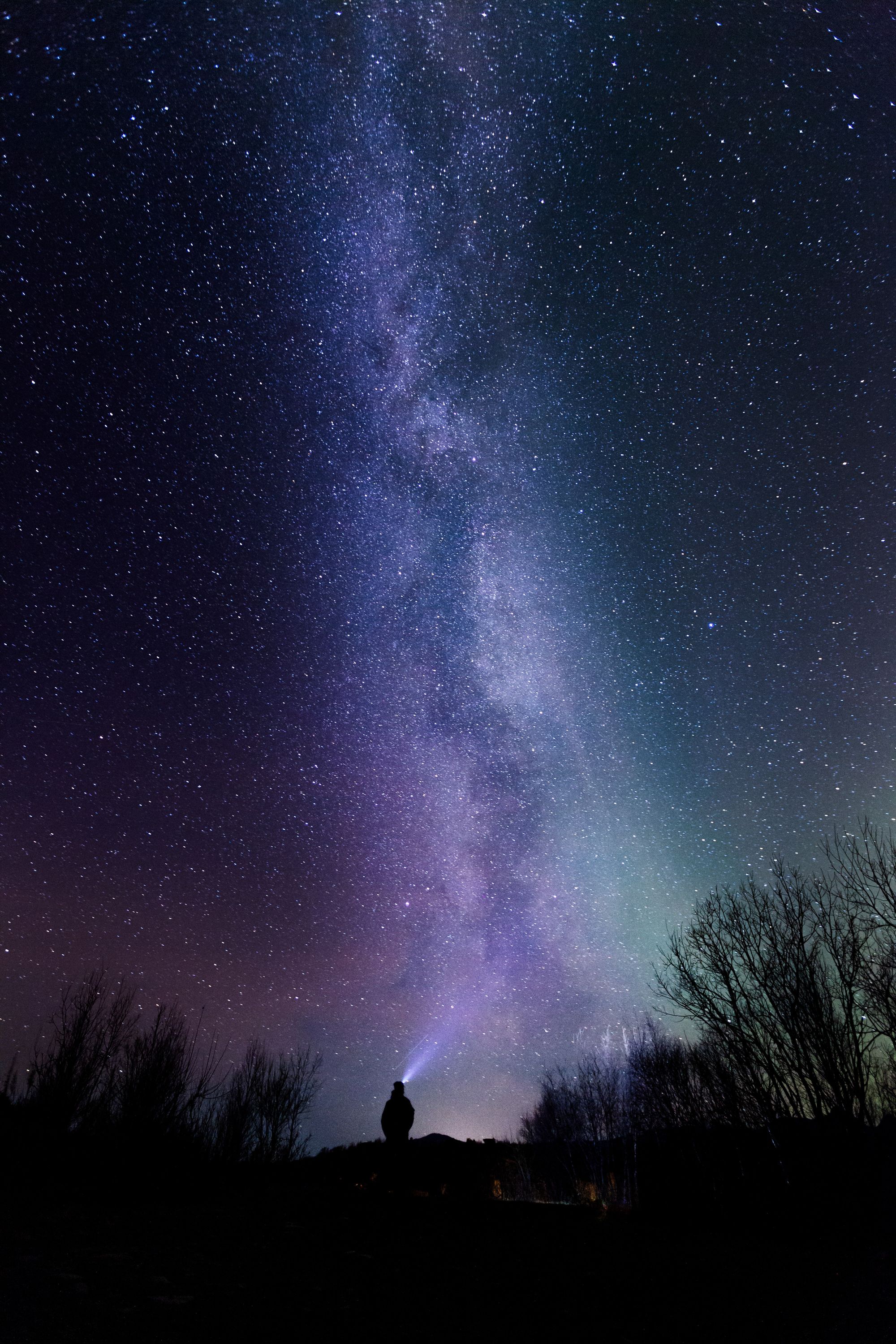Black Holes: The Universe's Ultimate Vacuum Cleaners
Black holes are some of the most intriguing objects in the universe. They're like the ultimate vacuum cleaners, gobbling up anything that dares to come too close - even light itself! But what exactly are black holes, and how do they work? Let's find out in this science blog.

What Are Black Holes?
A black hole is a star that has collapsed in on itself, creating a gravitational pull so intense that not even light can escape it. It's like a giant sinkhole in space, capable of swallowing entire galaxies, stars, planets, and gas.
The Event Horizon
At the edge of a black hole lies the event horizon, which marks the point of no return. Anything that crosses the event horizon is sucked into the black hole's singularity - the point of infinite density at the center of the black hole. Think of it as a black hole's "do not enter" sign.
The Singularity
The singularity is the most mysterious part of a black hole, where the laws of physics break down. We can't observe the singularity directly because anything that gets close enough is sucked in and destroyed. It's like a black box that we know what goes in, but we don't know what happens inside.
How Do Black Holes Form?
Black holes can form in a few ways, such as when a massive star runs out of fuel and collapses in on itself (stellar black hole). They can also form when two galaxies collide, creating a supermassive black hole at the center of the merged galaxy.
Are Black Holes Dangerous?
Black holes are typically far away from us, so we don't need to worry about getting sucked into one anytime soon. However, if a black hole were to appear in our solar system, it could disrupt the orbits of all the planets and cause problems. But luckily, that's highly unlikely!
Fun Facts About Black Holes
- Black holes are invisible and only observable indirectly by looking for their effects on nearby stars and gas.
- The first black hole ever discovered was Cygnus X-1, located about 6,000 light-years away from Earth.
- Black holes can spin faster when they suck in more matter, just like a figure skater who spins faster when they tuck their arms in.
- Black holes aren't actually "holes" - they're dense objects with a lot of gravity.
- Black holes can evaporate over time through Hawking radiation, where particles and anti-particles are created near the event horizon.
In conclusion, black holes are fascinating objects that continue to baffle scientists. They're like the ultimate vacuum cleaners of the universe, sucking up anything that gets too close. Studying them helps us better understand the mysteries of the universe and the science behind it.
Comments ()